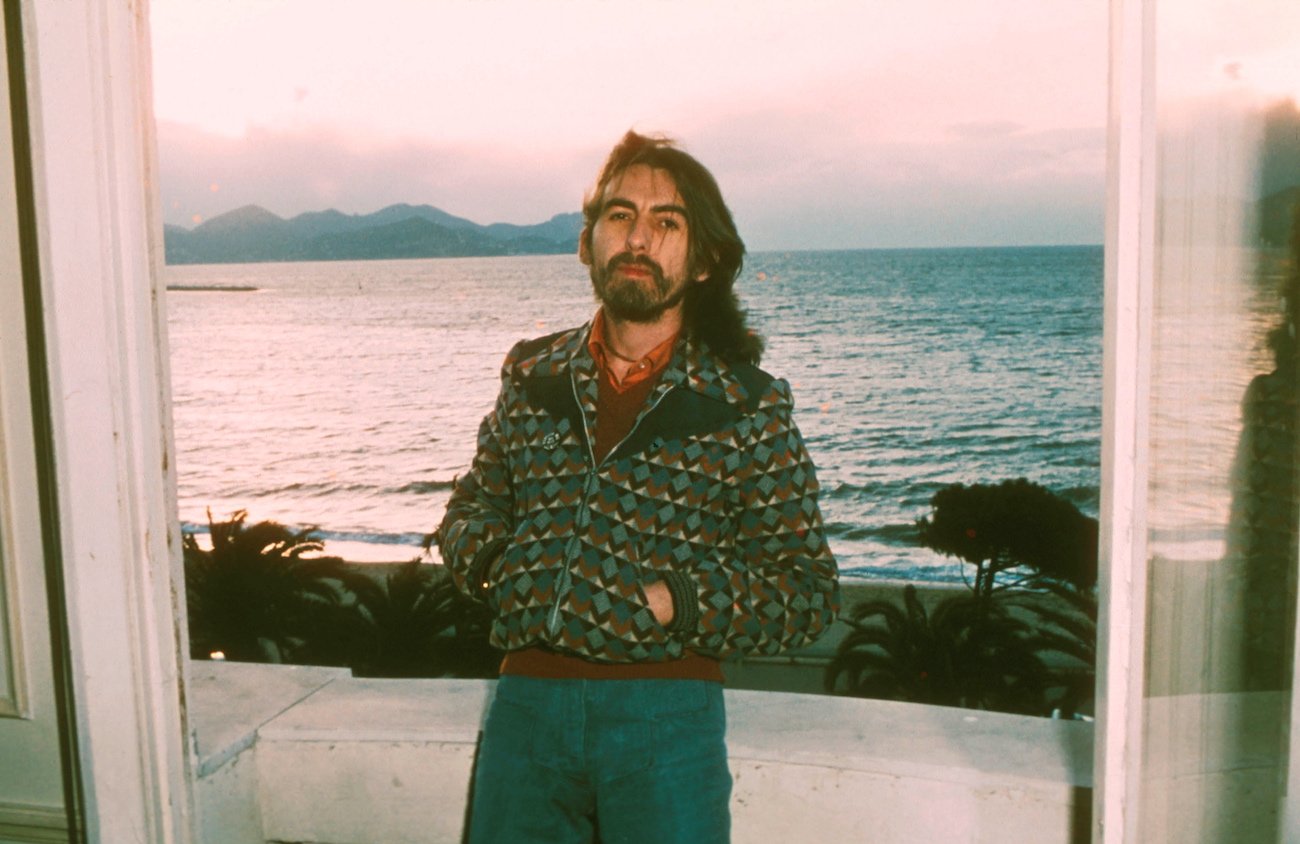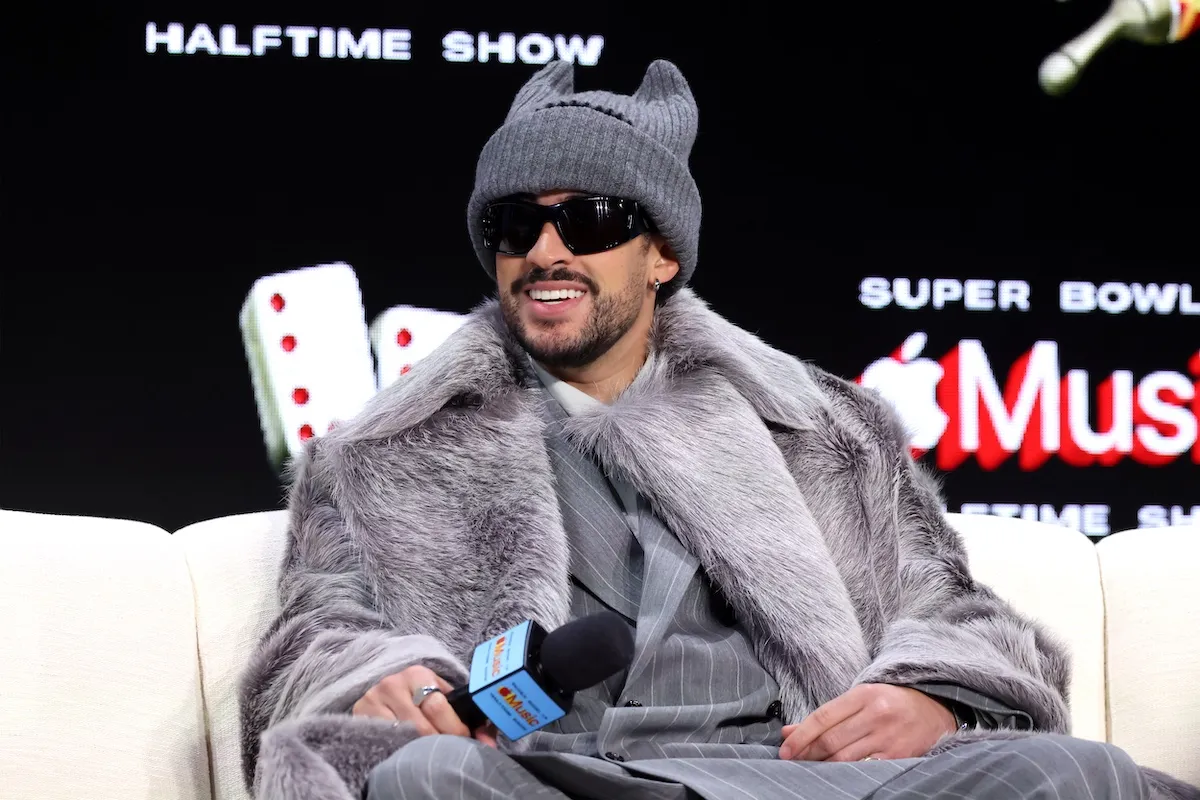George Harrison Hated School but He Always Craved More Knowledge
George Harrison said the “darkness” in his childhood began when he started attending grammar school. None of the unqualified teachers could tell him how to go out into the world. The former Beatle would only learn if he was teaching himself, which he eventually did.

George Harrison hated school
In his 1980 memoir, I Me Mine, George wrote about his experiences with his school.
“The worst thing was leaving the junior high school and going to the big grammar school,” George wrote. “That’s when the darkness began and I realised… that was where my frustrations seemed to start.
“The whole idea of it was so serious. You can’t smile and you are not allowed to do this or that. Be here, stand there, shut up, sit down, and always you need those exams, those eleven-plus exams, or scholarships or GCE. That’s when the darkness came in.
“I didn’t like school. I think it was awful; the worst time in your life… The Big School, Liverpool Institute, was a real pain in the neck. The teachers were either old war veterans or fresh out of college so they didn’t know much anyway and if you see the picture of them you will see what I’m saying. I knew then they were not the type of people to teach but then I was unqualified to say so.
“However now, after all the years, I can tell they were not. The way they sent you out into the world was miserable. In my case, the testimonial to help me to get a job for the rest of my life, said: ‘I cannot tell you what his work is like because he has not done any.'”
George might have disliked school, but he never stopped seeking knowledge
Eventually, after getting a series of bad report cards, George dropped out of school completely. However, as George’s friend Derek Taylor wrote in his footnotes for I Me Mine, the future Beatle never stopped craving knowledge.
“George’s distaste for school—hatred even, resentment certainly—is puzzling because, quite soon after leaving, he became an eager, earnest seeker after information, truth and learning,” Taylor wrote.
“George, now, is a success in all the conventional meanings of that word, yet school was unable to strike a single chord in the boy who later, and as you read this now, craved and obtained available details on almost everything.”
George said school “moulded us into being frightened. There was a rot which set in. They say that children will learn something if it is exciting, but when the rot sets in, you stop learning and being open to everything. That’s what you have to watch.”
George said he would’ve learned Chinese and Sanskrit faster than algebra. “I always knew there was something I was not going to get from school,” George wrote. “I knew school wasn’t the be all and end all of life’s opportunities.
“That’s why it didn’t bother me too much. There was always that side of me in school which thought, ‘Well, if that’s what it is, then I don’t want it.’ I knew there was something. I was fortunate enough to feel there was an alternative.”
How he found the answers he sought
Following George’s death, his family released a statement that included a quote he used to say, “Everything else can wait but the search for God cannot wait.” When he left school, George didn’t know it, but he quickly found out that spirituality would quench his thirst for knowledge.
In the mid-1960s, George had become disenchanted with many things, including fame. Being a Beatle had essentially extinguished the light inside him. It had wrung him out. He grew bored and said he’d hit a wall where nothing excited him.
Speaking to a Hare Krishna movement leader, Mukunda Goswami (per the Guardian), George said, “It wasn’t until the experience of the 60s really hit,” George said.
“You know, having been successful and meeting everybody we thought worth meeting and finding out they weren’t worth meeting, and having had more hit records than everybody else and having done it bigger than everybody else.
“It was like reaching the top of a wall and then looking over and seeing that there’s so much more on the other side. So I felt it was part of my duty to say, ‘Oh, OK, maybe you are thinking this is all you need – to be rich and famous – but actually it isn’t.'”
Looking over that wall and meeting Ravi Shankar put George on a fast track to finding the answers he always craved. He became a pilgrim.
According to Quartz India, George said, “Ravi was my link into the Vedic world. Ravi plugged me into the whole of reality. I mean, I met Elvis—Elvis impressed me when I was a kid, and impressed me when I met him because of the buzz of meeting Elvis, but you couldn’t later on go round to him and say, ‘Elvis, what’s happening in the universe?'”
George began reading about Hinduism and found that reciting mantras soothed his soul. He learned from the guru Maharishi Mahesh Yogi. Many people doubted whether George’s spirituality was genuine. However, it wasn’t a passing phase.
If only George had looked over the wall when he was in school. Still, it’s good he found the answers and the knowledge he was looking for early on. Then, by the time he left this world, he was “conscious of God, fearless of death, and at peace.”


